Ep. 35: Do I Have Religious Trauma? w/ Dr. Laura Anderson
Show Notes
Episode Summary
CW: We discuss trauma, sexualized violence, abuse, and other topics that may be triggering. Please listen at your own discretion.
Religious trauma is sneaky for so many reasons, perhaps none more so than the fact that trauma of any kind was minimized or delegitimized by religious leaders. So many of us who call ourselves ex-vangelicals find it hard to even believe that we have trauma. But do we? Have we let ourselves really consider that? In our last interview of Season 1, we talk with Dr. Laura Anderson, a licensed psychotherapist who specializes in religious trauma, about the ins and outs of religious trauma, why it’s so different from one person to the next, and how to begin to heal—with or without a therapist.
Bio
Dr. Laura Anderson is a licensed psychotherapist in Nashville, TN, with specialties in domestic violence, sexualized violence, and religious trauma and her private practice focusing on individuals with complex trauma. She is the co-founder of the Religious Trauma Institute, whose focus is to provide clinical training, supervision, consultation, and support to therapists, coaches, advocates and others in the helping professions who are working with individuals experiencing religious trauma and adverse religious experiences. Laura is also the founder of The Center for Trauma Resolution and Recovery, an online coaching practice whose practitioners are trauma informed and trained to work with all types of trauma but specialize and are passionate about working with religious trauma.
Follow Dr. Laura on Instagram (@DrLauraEAnderson). Follow The Religious Trauma Institute on Instagram (@ReligiousTraumaInstitute), on Facebook (@ReligiousTraumaInstitute), on Twitter (@ReligiousTrauma), and the web: www.ReligiousTraumaInstitute.com. Follow The Center for Trauma Resolution and Recovery on Instagram (@TraumaResolutionAndRecovery), Facebook (@TraumaResolutionAndRecovery), and the web: www.TraumaResolutionAndRecovery.com.
Quotables
“Religious trauma is trauma, and religious is simply an adjective to describe the context in which the trauma took place.” (tweet this)
“Trauma can be the result of anything, not just the more colloquially accepted experiences, like a car accident or childhood abuse. It could be anything.” (tweet this)
“Trauma is not the event that happens. It’s the way our body or nervous system responds to the event or experience. It’s anything that’s too much, too soon, too overwhelming, too fast, too dangerous.” (tweet this)
“Anything could be traumatic, but no thing is inherently traumatic. Trauma is subjective in terms of how our body is responding.” (tweet this)
“Little t trauma is consistent and pervasive threats over time where we don’t have the ability to escape or do something different.” (tweet this)
“To a 3- or 4-year-old, the doctrine of hell could sound absolutely terrifying, and it’s the person who they normally look to to feel safe that’s teaching it, so they may feel immense amounts of fear.” (tweet this)
“What is traumatic for you may or may not be for me and vice versa. So you might have a sibling that grew up in the same home learning the same things that has a very different experience from you.” (tweet this)
“What is trauma resolution? So many times it’s being able to do the thing we should’ve been able to do back then but couldn’t.” (tweet this)
“We don’t heal well while we’re in crisis, so sometimes healing means leaving that harmful environment.” (tweet this)
“Healing is a lifelong process, meaning it doesn’t have a static endpoint.” (tweet this)
“When we’re not feeling so hijacked by fight, flight, freeze, or fawn, we often have a greater capacity to handle nuance and complexity and don’t have to make definitive judgments.” (tweet this)
Timestamps and References
[02:20]—Dr. Laura’s background and faith journey so far
[11:20]—How Dr. Laura started recognizing her religious trauma wasn’t unique and began to study it
[12:58]—How she learned to treat trauma and then eventually religious trauma
[15:55]—Responding to people who don’t believe that religious trauma is real
[19:11]—The difference between big T Trauma and little t trauma, and some examples of how doctrines/teachings can cause trauma
[22:33]—How Calvinism caused trauma for Dr. Laura
[26:17]—Adverse Religious Experiences (AREs) and how trauma often manifests itself (symptoms of religious trauma)
[31:40]—Discussing what happens when religion defines love as suffering, shame, lack of confidence, etc.
[34:48]—How Dr. Laura helps people who feel trapped and can’t leave their religious communities
[41:18]—How to reclaim one’s autonomy and voice after enduring trauma
[45:40]—What it takes to heal from religious trauma and spiritual abuse and if it means we have to lose our faith
[51:54]—What Happened to You? Conversations on Trauma, Resilience, and Healing by Oprah Winfrey and Dr. Bruce D. Perry
[56:58]—Why fundamentalist, black-and-white, dualistic thinking feels comfortable and how to start getting away from it
[01:01:45]—What gives Dr. Laura hope for the future of faith and healing from religious trauma
[01:03:28]—Fun Rapid Fire questions
[01:05:27]—In an Unspoken Voice: How the Body Releases Trauma and Restores Goodness by Peter Levine
Please follow us on social media (use the buttons below) and help us get the word out! (Also, please don’t hesitate to use any of these channels or email to contact us with any questions, concerns, or feedback.)
Support Us on Patreon
And get access to every episode 5 days early! In addition, your financial support gives us the time we need to be able to create and produce amazing content, including Patreon-exclusive content. Please consider joining our team of patrons by clicking the button below. Thank you!
If you prefer just giving with no strings attached, you can also just buy us a coffee! Any amount helps us cover the costs of creating this show.
Credits
This episode was produced by The Sophia Society. Music is by Faith in Foxholes, and sound engineering is by Joshua Mudge (currently accepting new clients: josh.mudge09@gmail.com).

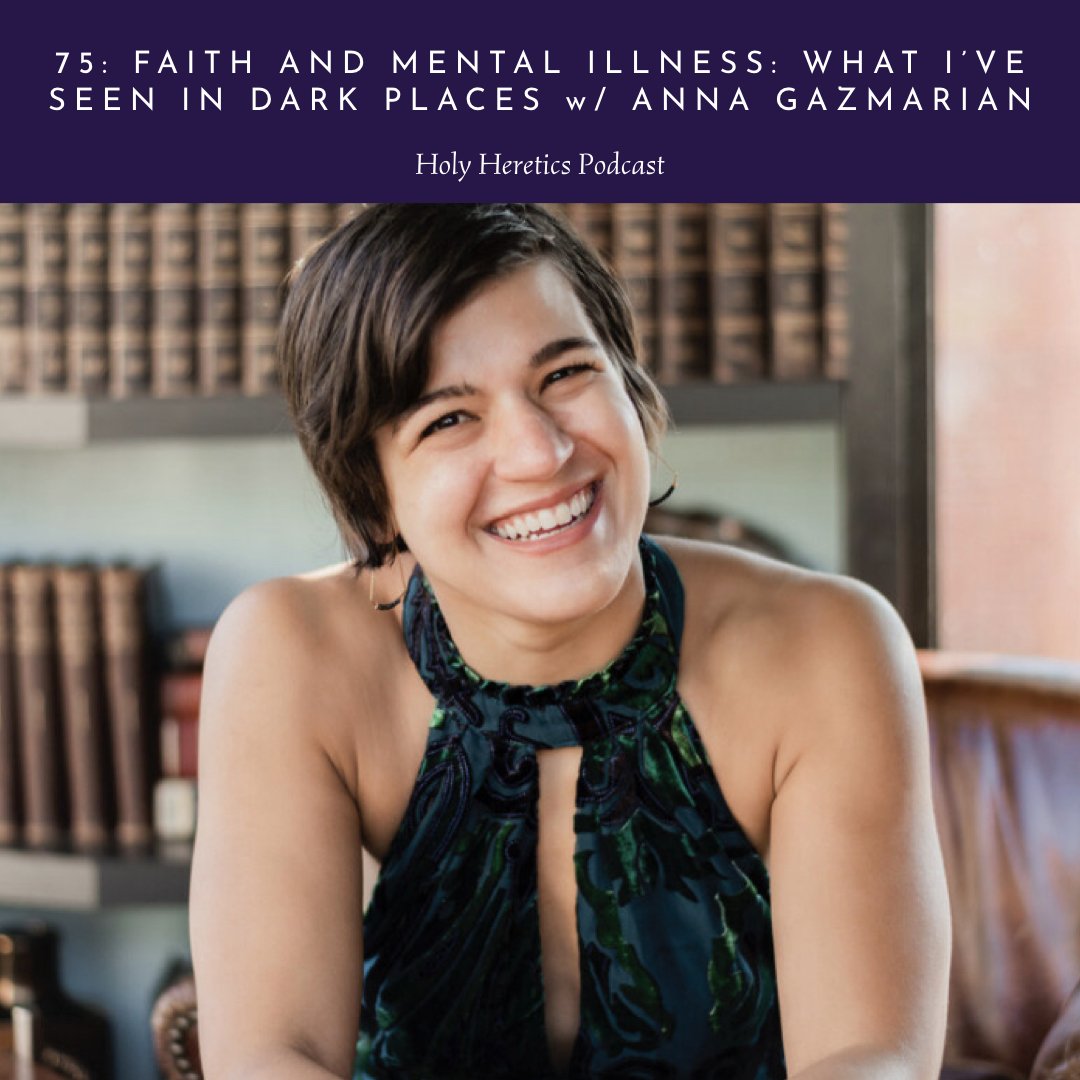
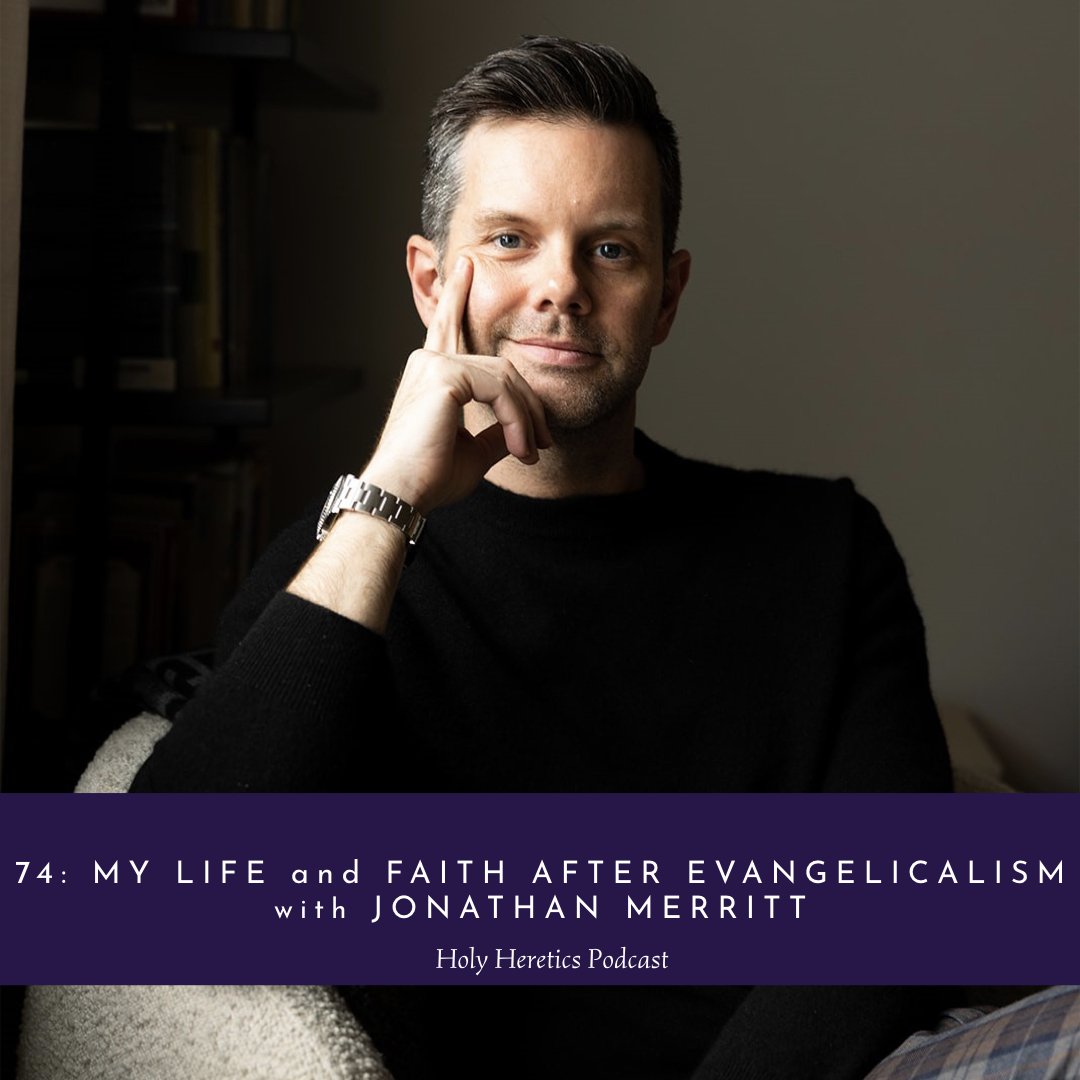
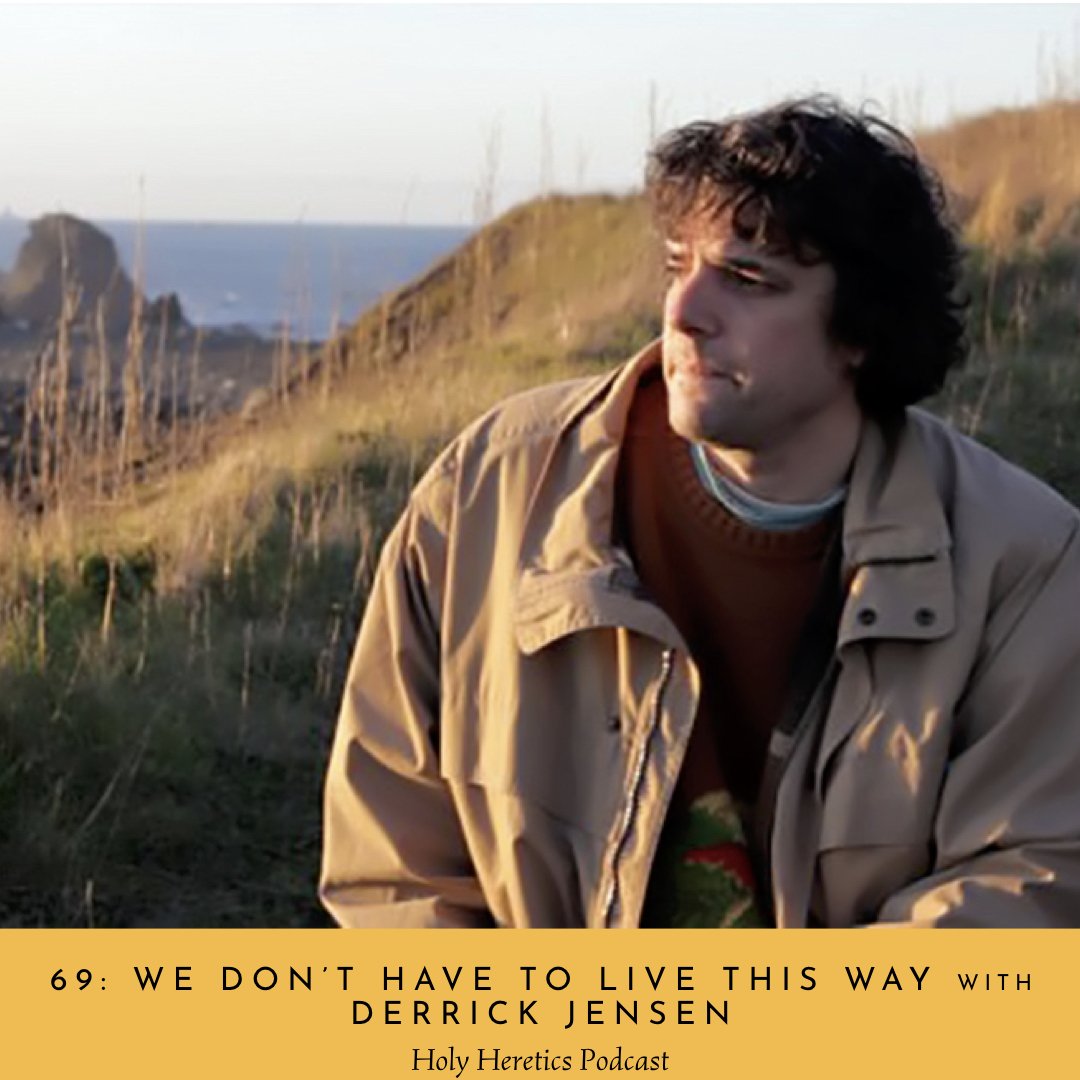
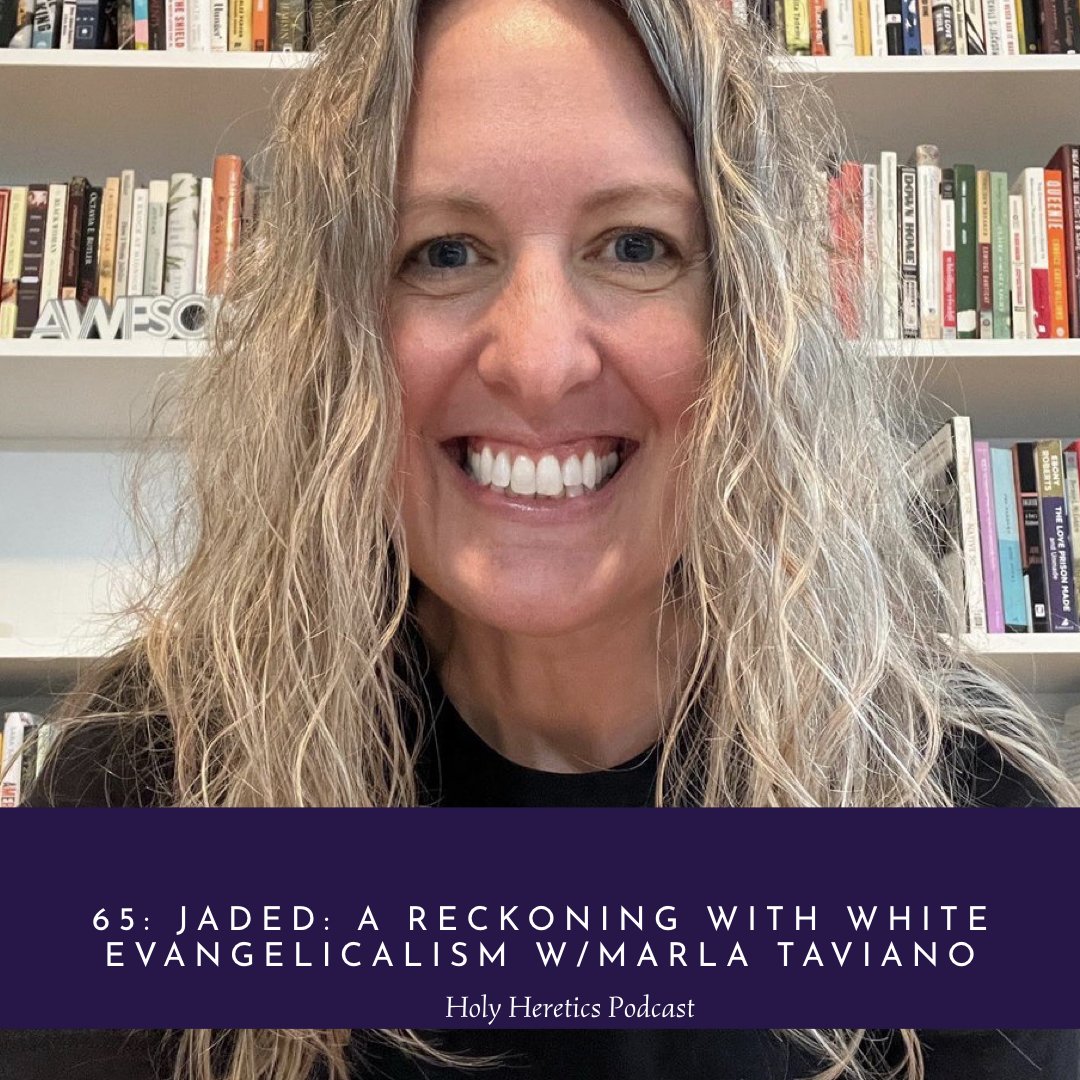
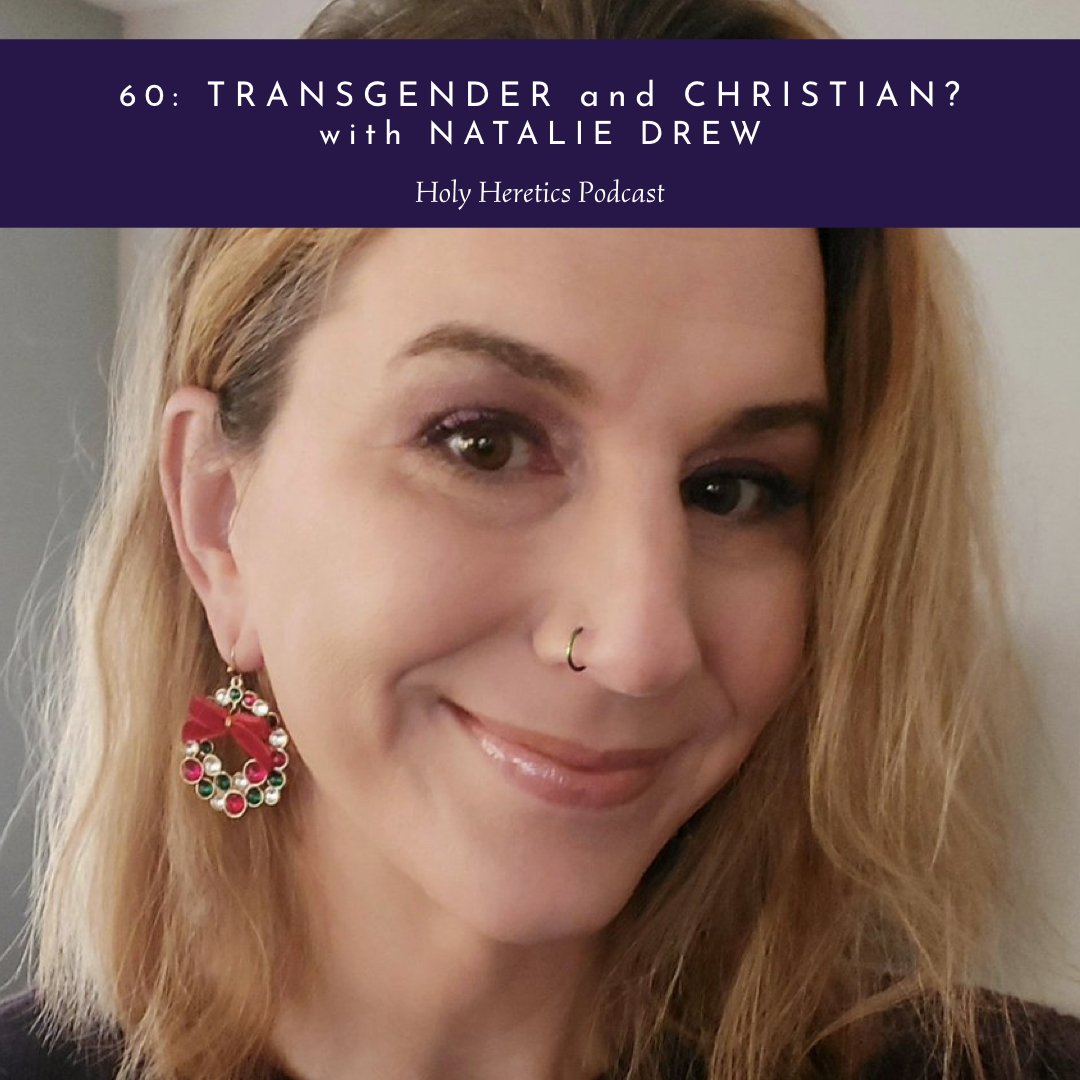
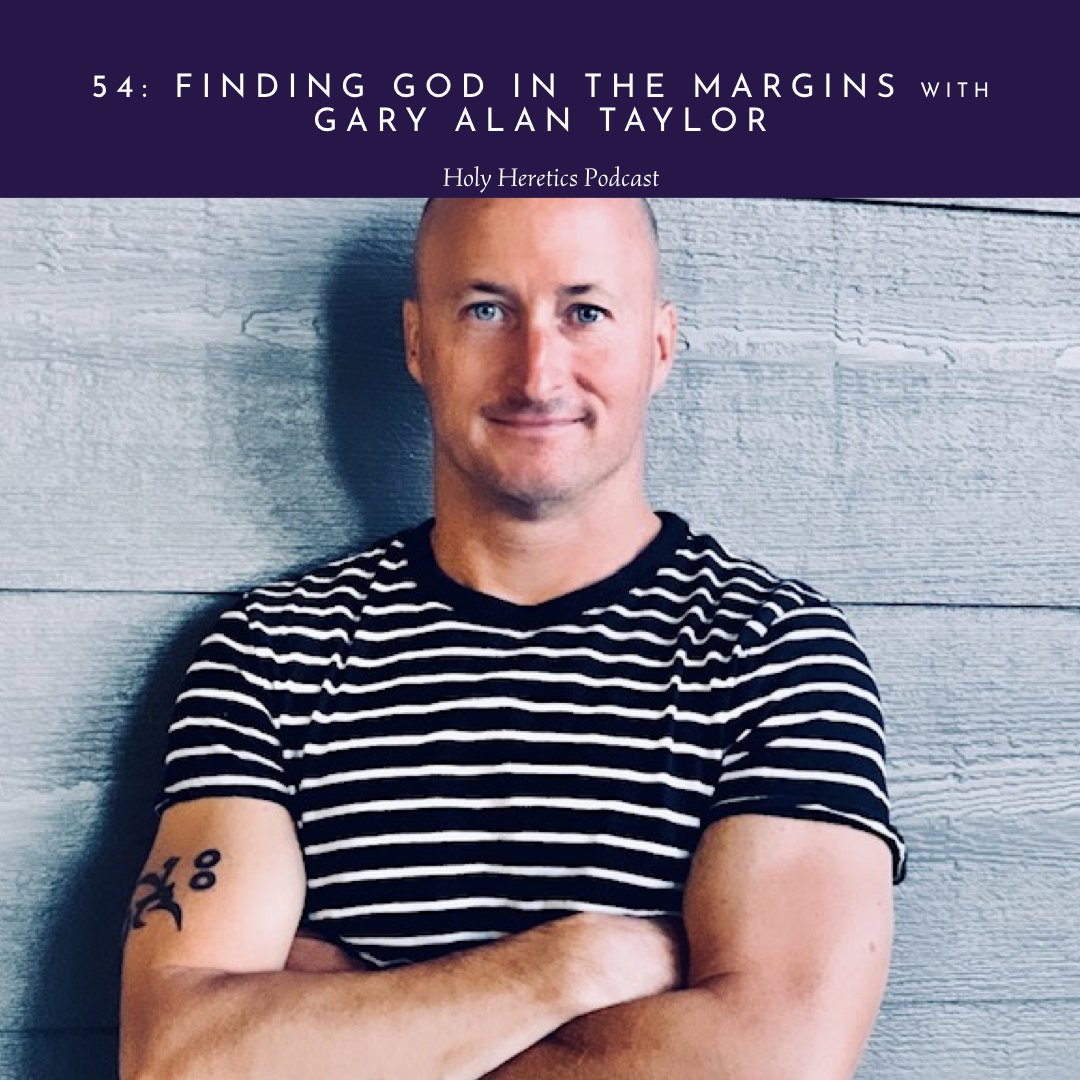
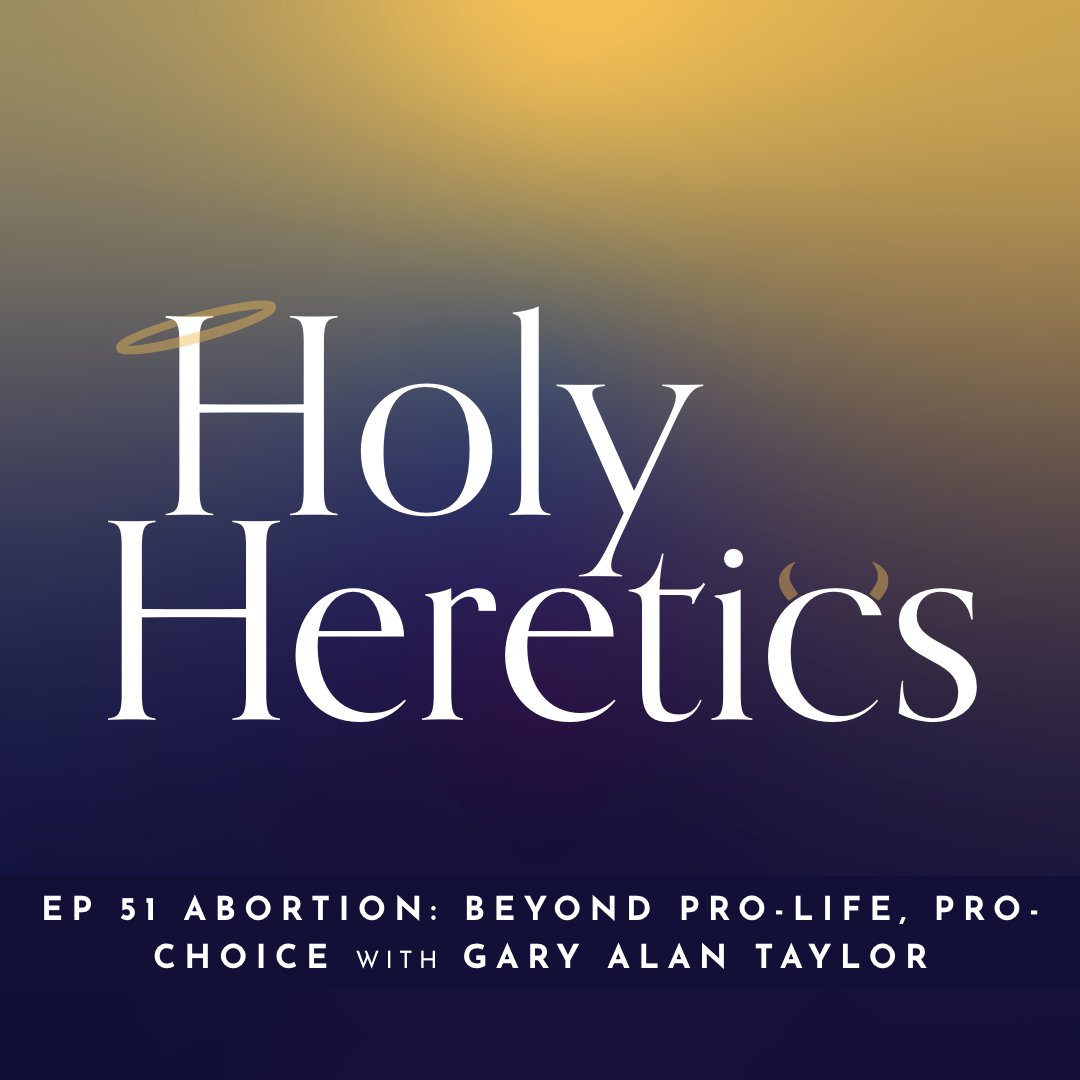
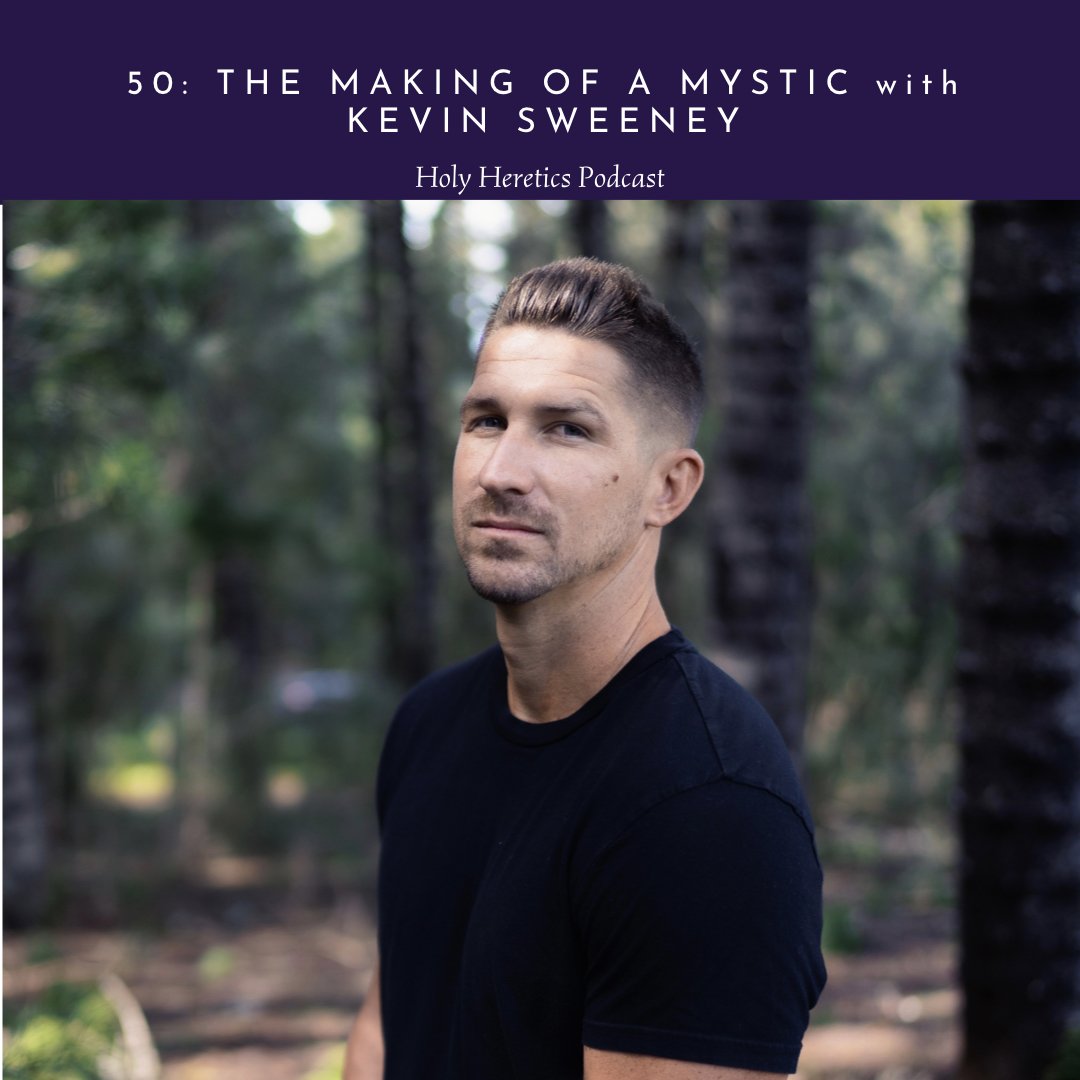
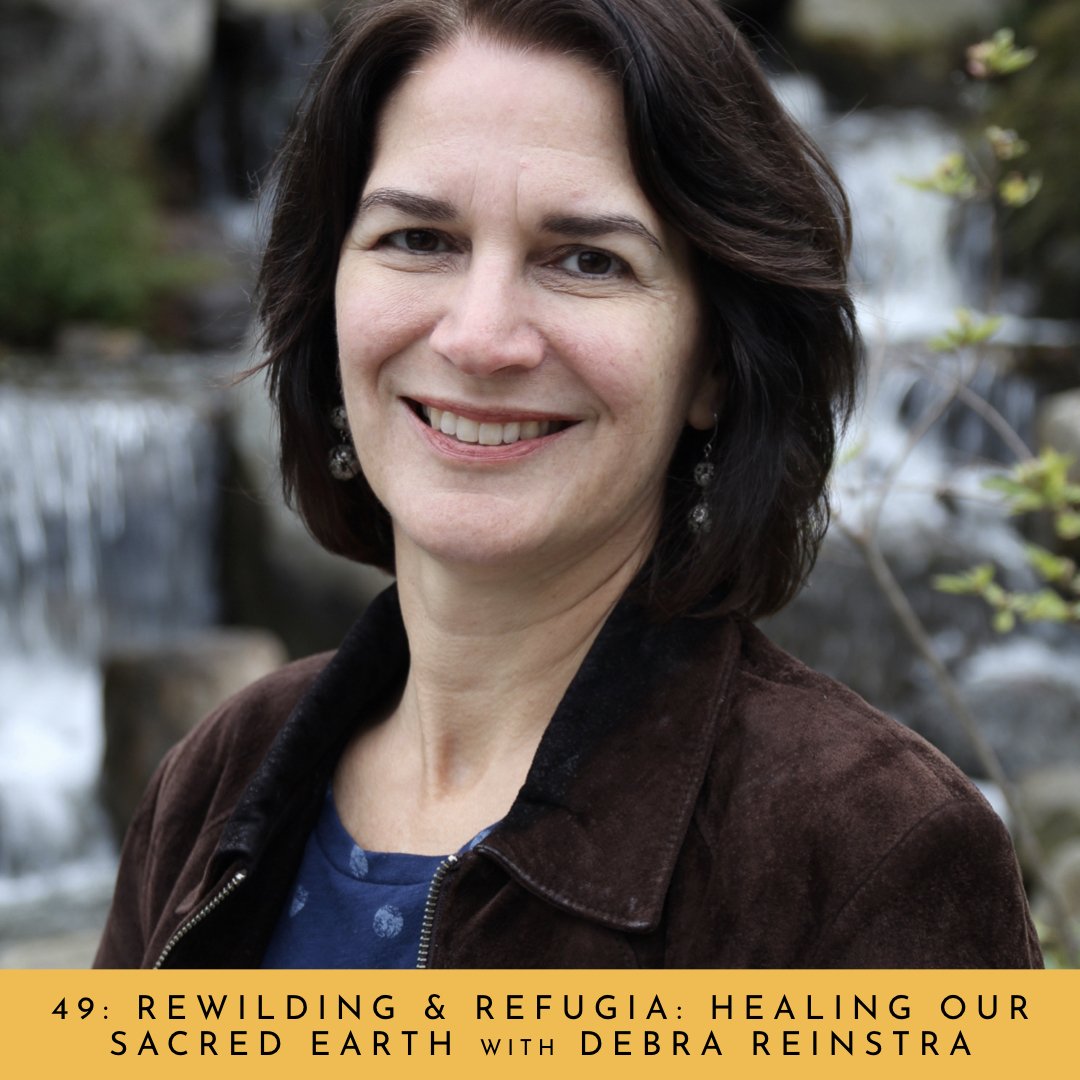
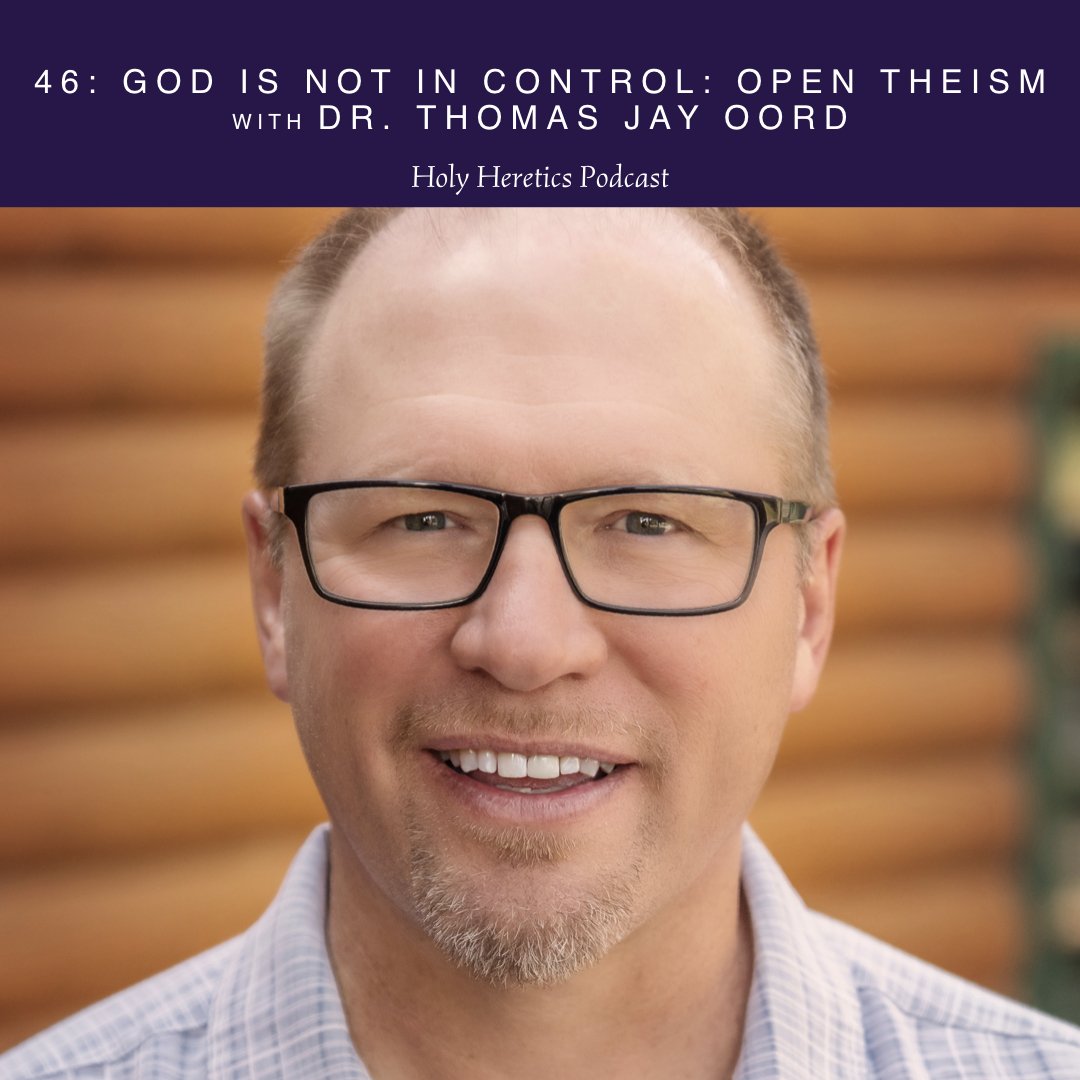
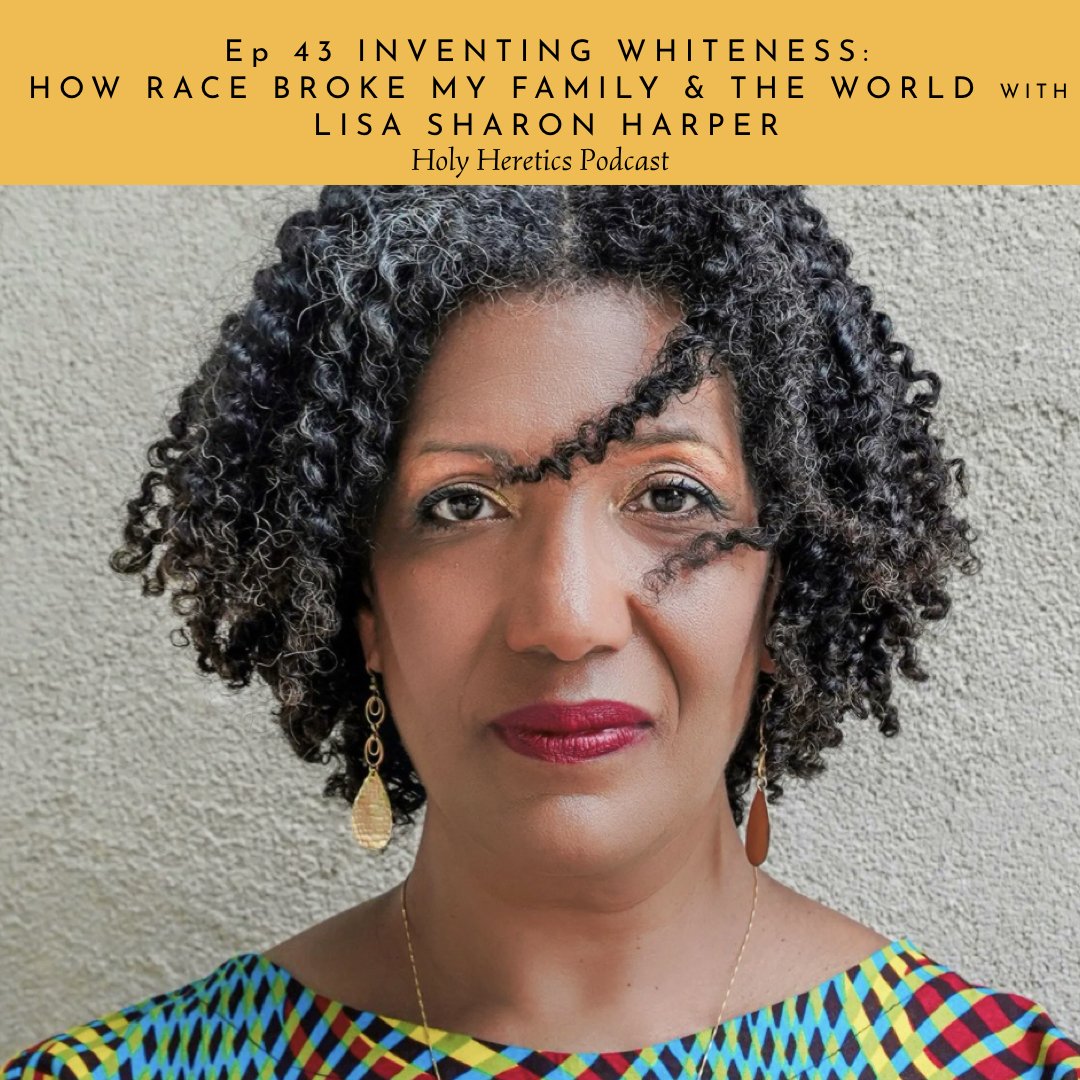
How have you been FK’D up by faith? This time, I share my personal story of how my faith deconstruction cost me my job, my spiritual community, my friends, and my family.